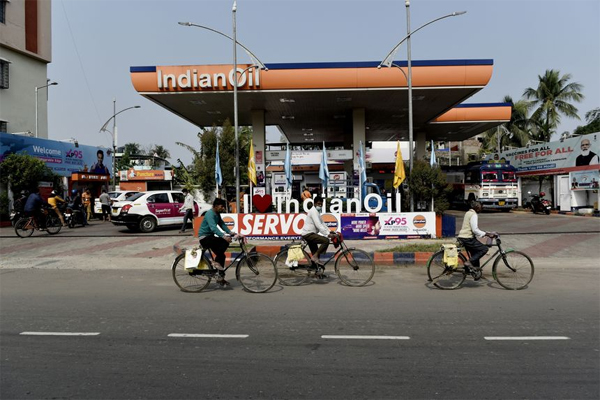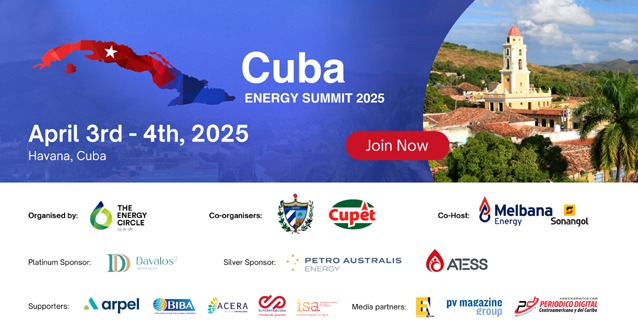New Delhi’s deal with Moscow comes as the U.S. and its allies are seeking to punish Russia economically over the invasion of its neighbor

punish Russia economically over the invasion of its neighbor (Indranil aditya/Zuma)
Rajesh Roy, Vibhuti Agarwal and Philip Wen, WSJ
NEW DELHI
EnergiesNet.com 03 18 2022
As the U.S. and its Western allies move to reduce Russian oil imports, India is heading in the other direction.
The country has struck a deal in recent days for 3 million barrels of crude oil from Russia for delivery in May, and is looking to secure more supplies in the weeks ahead, two Indian government officials said. The government is seeking to offset the impact of surging oil prices by securing additional supplies from Russia at a discount. The Russian crude is being offered at around 20% below global benchmark prices, one of the officials said, with insurance and shipping costs borne by the seller.
The deal runs counter to efforts by the Biden administration and its Western allies to squeeze Russia’s economy over its invasion of Ukraine. It also risks further straining New Delhi’s relationship with Washington. Despite U.S. pressure, India abstained from a United Nations resolution condemning Russia’s invasion of Ukraine.
President Biden banned imported oil and other energy sources from Russia under an executive order last week. The European Union says it plans to cut its imports of Russian natural gas by two-thirds by the end of this year, while the U.K. said it would end Russian oil imports, which meet 8% of the nation’s demand, by the end of the year
The U.S. has also warned China that it would take action should Beijing help Russia make up for losses from Western sanctions. “We’ve been clear there would be consequences,” White House press secretary Jennifer Psaki said.
Addressing India, Ms. Psaki stopped short of making a similar threat. She said Indian purchases of Russian oil wouldn’t violate U.S. sanctions, but urged India to “think about where you want to stand when history books are written.”

A Rosneft refinery Tuapse, Russia. (Andrey Rudakov/Bloomberg)
“Support for the Russian leadership is support for an invasion that obviously is having a devastating impact,” she said on Tuesday.
The purchase of 3 million barrels is part of a contract between state-run Indian Oil Corp. and Russia’s Rosneft, which provided the option of importing around 14 million barrels of Russian crude by the end of this year, said one Indian official. The contract was initially signed in 2020 and extended in December 2021 during Russian President Vladimir Putin’s India visit, but the option was only taken up by Indian Oil after Russia’s invasion of Ukraine led many countries to shun Russian crude, depressing its price.
“We are honoring the contract now as it is conducive,” said the official, adding that India might buy more crude oil from Russia as part of Indian Oil’s contract with Rosneft as well as other commercial deals between Russian and Indian refiners. The import of 3 million barrels is less than India’s per-day requirement of around 4.5 million barrels.
Washington values India’s role as an important partner in the Indo-Pacific in checking China’s rise, and has a nuanced understanding of New Delhi’s predicament, analysts say. The South Asian nation relies on Russia for more than half of its imported military arms, at a time when warding off Chinese aggression at its borders is a priority.
Pressure on India to address its rising energy bill and curb inflation for domestic political reasons means that the discounted crude oil on offer from Russia was a deal New Delhi couldn’t pass up, said Harsh V. Pant, head of strategic studies at the Observer Research Foundation, a think tank in New Delhi. He said another possible factor for India was that Russia’s drastically weakened economy could curtail Moscow’s ability to service India’s defense needs.

Here’s how rising oil costs could further boost inflation across the U.S. economy. (Photo illustration: Todd Johnson)
And while U.S. patience might well be wearing thin, Mr. Pant said the Biden administration recognized that as Russia and China draw closer, India’s longer-term trajectory was toward the West. “What India is trying to do is delay that eventual turning point where there is going to be an open rupture with Russia,” he said.https://30f2c4d229032ac1c885e44be2afa0db.safeframe.googlesyndication.com/safeframe/1-0-38/html/container.html
India is the world’s third-biggest buyer of crude oil behind China and the U.S., importing nearly 85% of the crude oil that it consumes. India sources only about 2% of its total oil imports from Russia, as part of a strategy to diversify its crude oil supplies from non-OPEC countries.
India’s Minister of Petroleum and Gas, Hardeep Singh Puri, said this week that he had engaged with Russian officials over potential purchases and his government was ready to explore all available options. “I would be delighted on the first opportunity whenever these arrangements are worked out between our oil companies and their counterparts in the Russian Federation,” Mr. Puri said in parliament on Monday.
Already grappling with high food and fuel prices, India’s government is wary of surging global oil prices stalling the recovery of its pandemic-hit economy. India will need extra supplies to stabilize fuel prices in the country.
“If Russia is offering oil at a cheaper price and the trade is between rupee and ruble, then looking at the national interest and leaving aside the geopolitical aspect, India should definitely buy the discounted oil,” said Suresh Garimella, senior research associate at the Society for Social and Economic Research based in New Delhi.
Purchasing oil from Russia, particularly amid Western sanctions, comes with a host of challenges. A senior Finance Ministry official said India and Russia were exploring the possibility of a rupee-ruble currency arrangement to facilitate payments for crude oil and other existing trade. India has previously used a similar mechanism when it was granted an exemption for oil imports from Iran, where Indian buyers deposited rupees into a bank account, which were then drawn from to pay exporters to Iran.
“I don’t know how much of it will be physically feasible to ship,” said Amit Bhandari, a senior fellow at the Gateway House, a think tank in Mumbai. “A lot of Russia’s oil export infrastructure is geared toward Western Europe. It will not be easy to load a tanker and then send it to India since it can’t be done through any of the Black Sea ports right now.”
Rajesh Roy at rajesh.roy@wsj.com, Vibhuti Agarwal at vibhuti.agarwal@wsj.com and Philip Wen at philip.wen@wsj.com
wsj.com 03 16 2022












